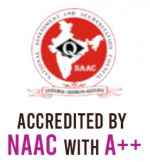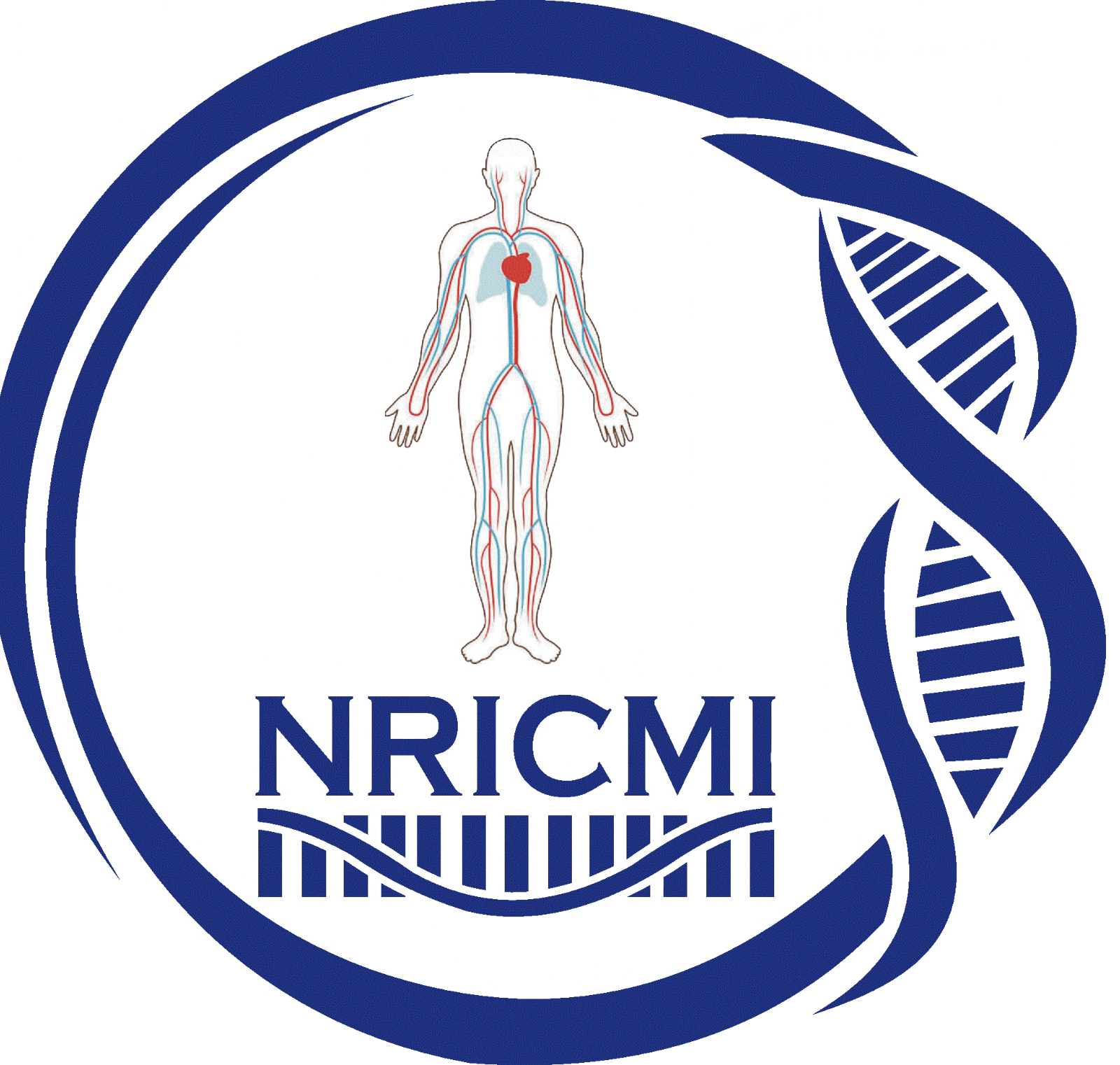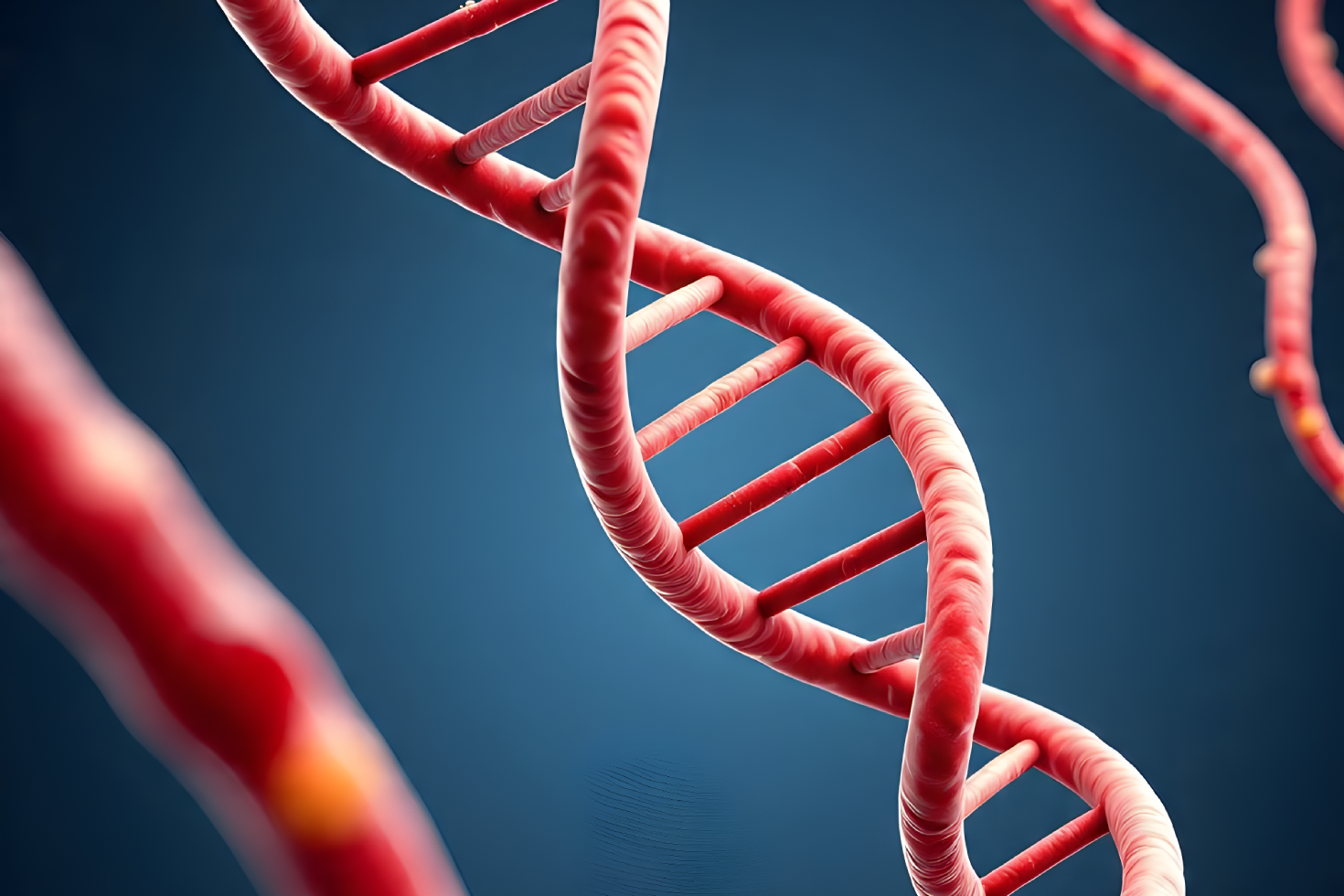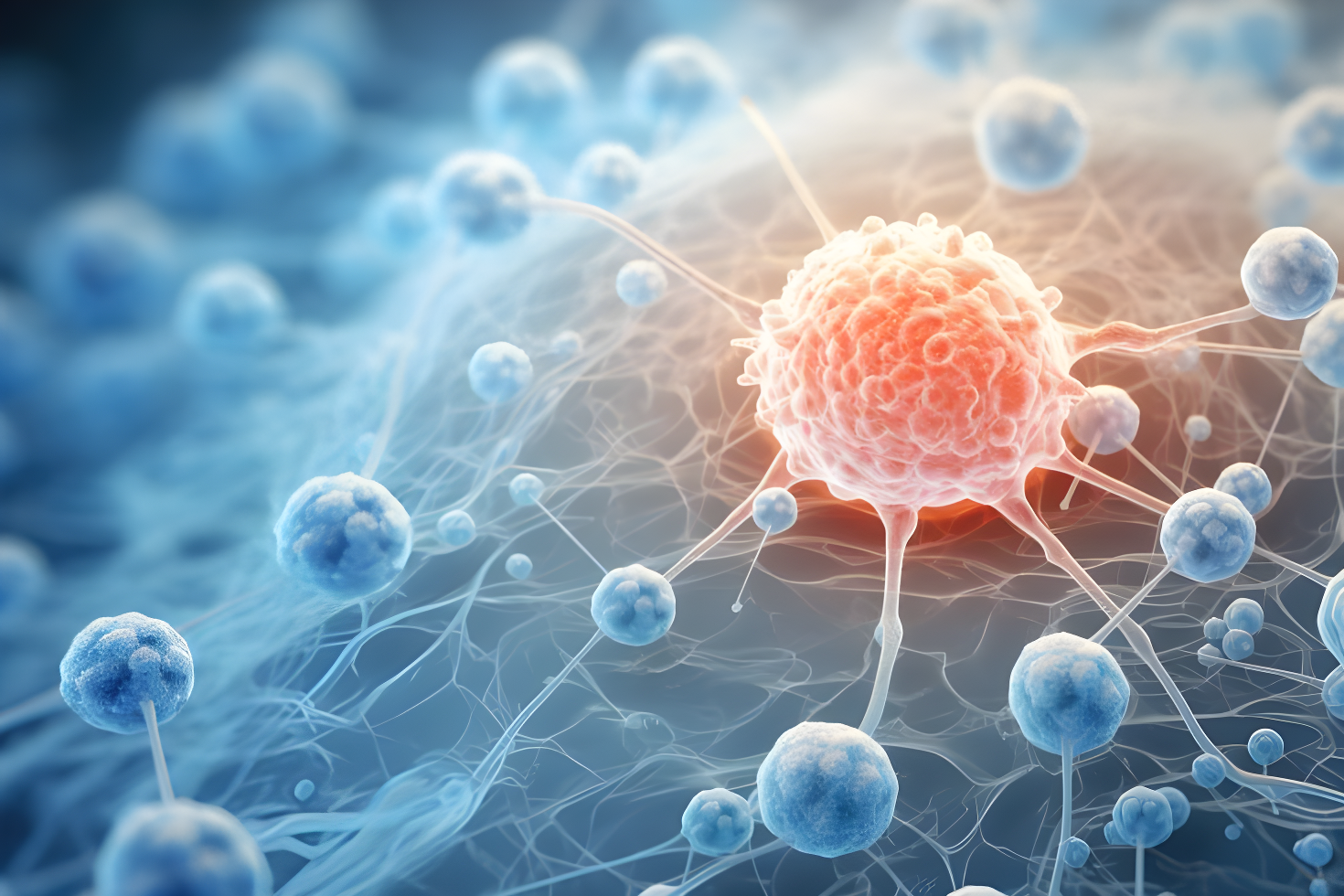
Re-accredited by NAAC with A++ Grade








Dr. N. Radhakrishnan International Center for Medical Innovation
Studies on the pathophysiology of lympho-venous and cardiovascular diseases using DNA sequencing, RNA-seq, proteomics (mass spectrometry, Raman spectroscopy), and metabolomics


Development of hydrogels, aerogels, electrospun nanosheets, and nanoparticles for targeted drug delivery in chronic wound healing and tissue regeneration
Study of inflammatory triggers in cancer biology and their impact on genome instability, using molecular oncology, advanced imaging, and cancer stem cell models.
